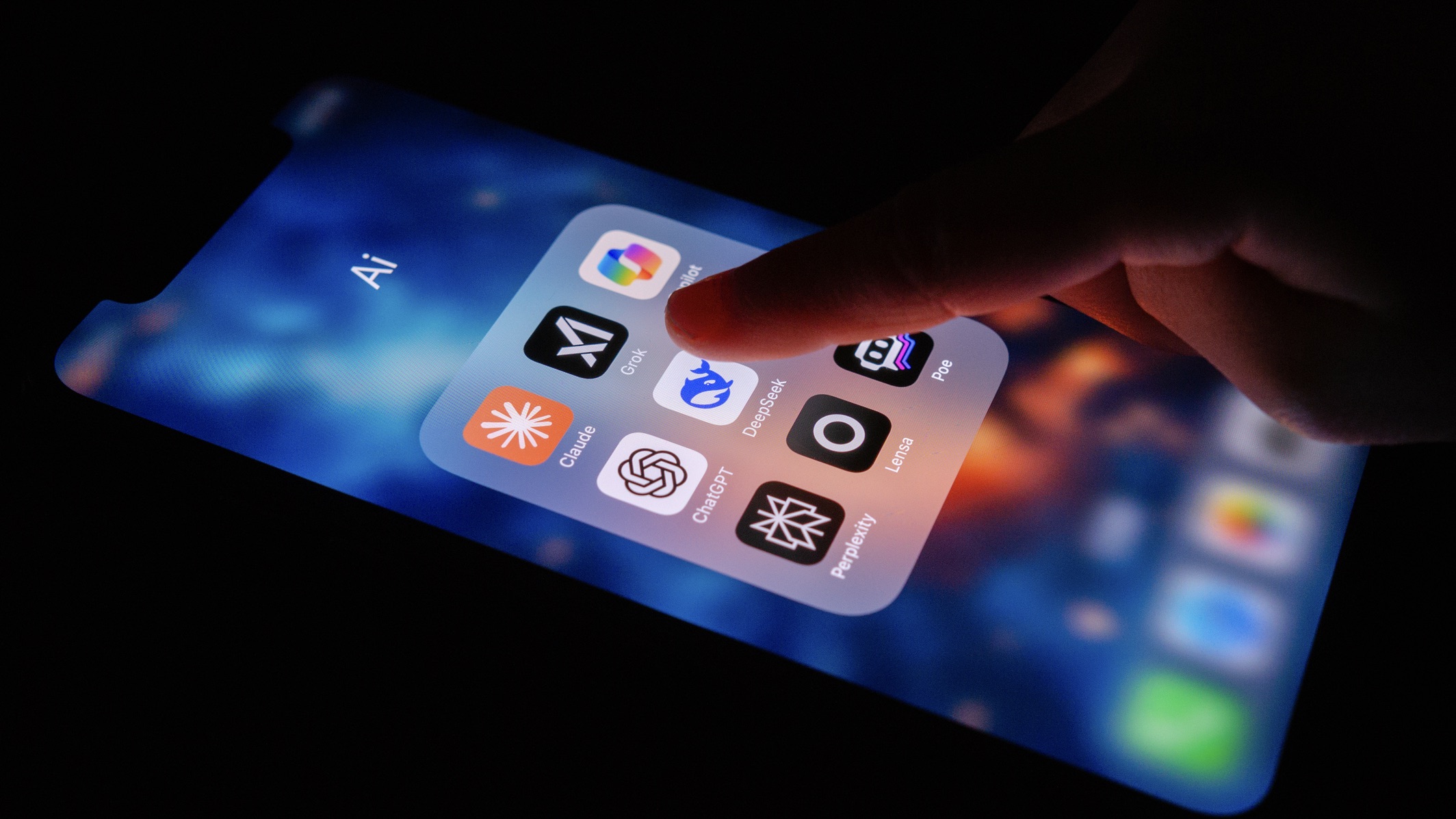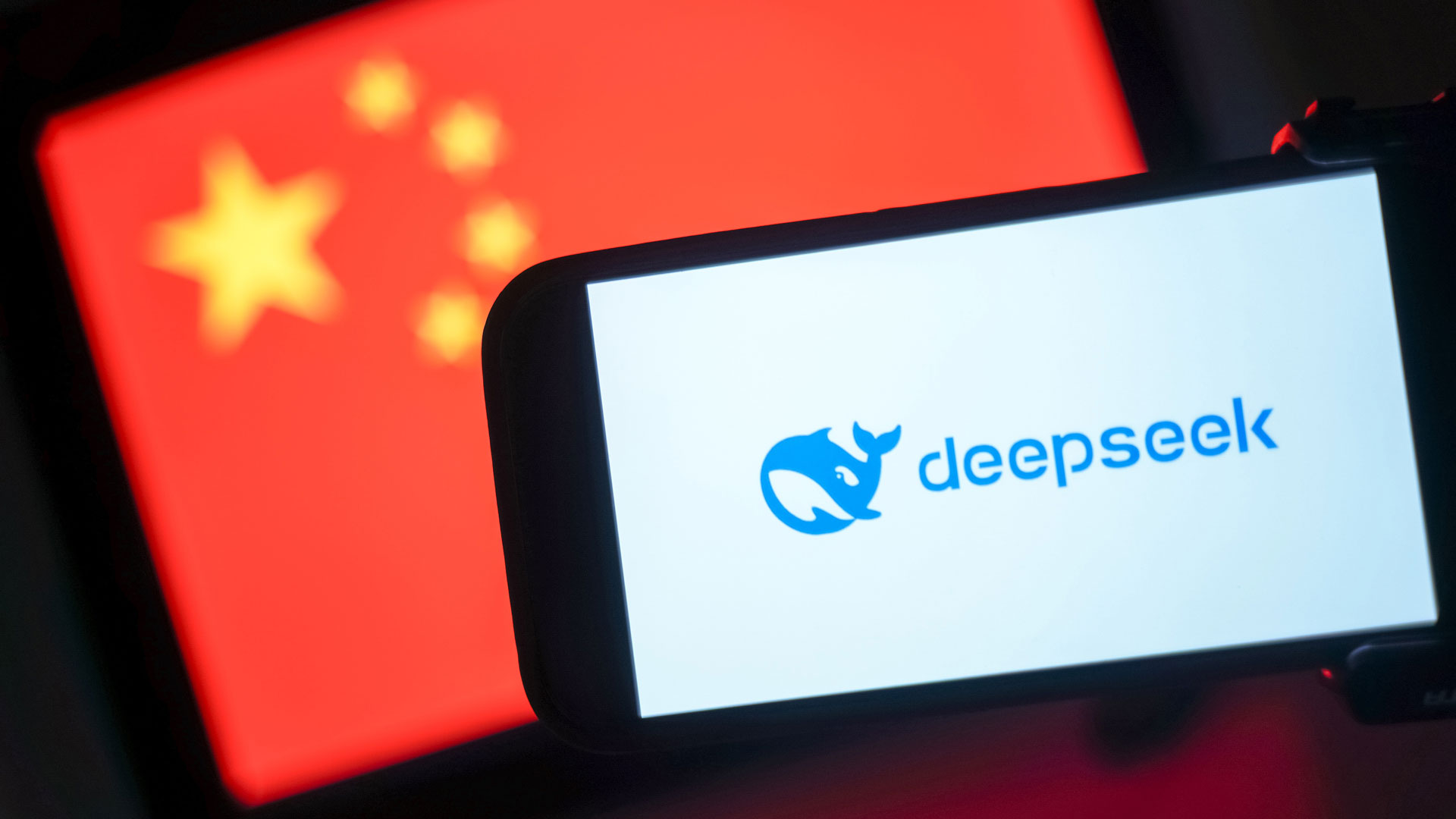DeepSeek is "a profound threat" to national security and privacy, according to the US Congress
DeepSeek may not be another AI chatbot

- A Special Committee within the US Congress concluded that DeepSeek AI represents a profound threat to US national security
- The report reveals data privacy and security issues, the use of tracking tools, and even links with the Chinese Army, among others
- DeepSeek AI has been under fire since its release in January, with many countries either issuing investigations or bans on privacy grounds
Although appearing as another AI chatbot, DeepSeek represents a profound threat to US national security. This is the verdict from the US Congress' latest report on the Chinese AI tool, which has sent shockwaves through the AI world since its release last January.
Crucially, the Special Committee within the US Congress found privacy and security issues with how the chatbot managed Americans' data, the use of tracking tools in its system, the spread of Chinese propaganda, and even links with the Chinese Army, among others.
The findings come as DeepSeek is under fire in many countries, the US included, that have either initiated investigations or enforced bans on the Chinese software on privacy and security grounds.
The risk for Americans’ data
"DeepSeek represents a profound threat to our nation’s security," reads the US Congress report. "Closer inspection reveals that the app siphons data back to the People’s Republic of China (PRC), creates security vulnerabilities for its users, and relies on a model that covertly censors and manipulates information pursuant to Chinese law."
As per the company's privacy policy, DeepSeek collects a vast amount of users' data, "including chat history, device details, and even the way a person types," notes the experts.
It's worth noting that invasive data collection practices aren't a prerogative of the Chinese chatbot. For instance, research conducted by one of the best VPN providers, Surfshark, found that Google Gemini collects even more of your personal data.
Yet, the issue here for Americans' data is that these details are funneled back to the People’s Republic of China (PRC) via an insecure infrastructure connected to a Chinese telecom company thought to have links with the Chinese Army – China Mobile.
In 2019, the Federal Communications Commission (FCC) banned China Mobile from operating in the United States. The company was officially designated a national security threat three years later.
The report confirms what experts at Feroot Security also uncovered back in February: hardcoded links in DeepSeek’s web login page that directly connect it to China Mobile.
"While the extent of data transmission remains unconfirmed, DeepSeek’s integration with China Mobile infrastructure raises serious concerns about potential foreign access to Americans’ private information," reads the report.
The investigations also found that DeepSeek integrates tracking tools from Chinese tech giants that the US government previously flagged over security concerns, including TikTok's parent company, ByteDance, Baidu, and Tencent.
"Together, these firms constitute a well-documented apparatus of surveillance, censorship, and data exploitation, which DeepSeek reinforces," wrote experts.

Worse still, researchers have found that DeepSeek does little to protect the information it collects.
"For these reasons, it is evident that the DeepSeek website and app act as a direct channel for foreign intelligence gathering on Americans’ private data."
Allegations over the spread of Chinese propaganda, censorship, unauthorized usage of US AI models, and unlawful usage of restricted Nvidia chips have also been raised.
The Committee now recommends expanding export controls and addressing risks from Chinese AI models, while preparing for strategic surprise related to advanced AI.
You might also like

Chiara is a multimedia journalist committed to covering stories to help promote the rights and denounce the abuses of the digital side of life – wherever cybersecurity, markets, and politics tangle up. She believes an open, uncensored, and private internet is a basic human need and wants to use her knowledge of VPNs to help readers take back control. She writes news, interviews, and analysis on data privacy, online censorship, digital rights, tech policies, and security software, with a special focus on VPNs, for TechRadar and TechRadar Pro. Got a story, tip-off, or something tech-interesting to say? Reach out to chiara.castro@futurenet.com
You must confirm your public display name before commenting
Please logout and then login again, you will then be prompted to enter your display name.